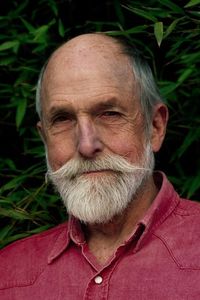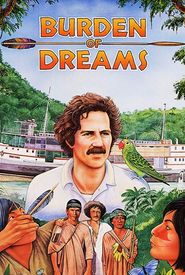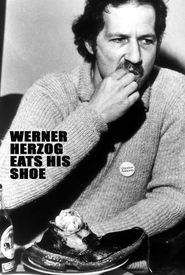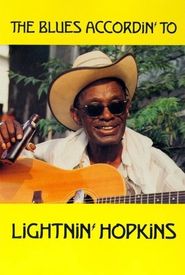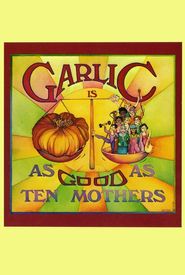Les Blank was born in 1935 in Tampa, Florida, and attended Tulane University in New Orleans, where he earned a B.A. in English literature and an M.F.A. in theatre. After completing his education, Blank moved to Los Angeles and began his career in filmmaking, initially working as a freelance filmmaker and later as an independent filmmaker.
Blank's early films focused on the lives and music of passionate individuals who lived at the periphery of American society. His first independent films included "The Blues Accordin' to Lightnin' Hopkins" (1970) and "God Respects Us When We Work, But Loves Us When We Dance" (1968),which explored the sub-culture of flower children.
To finance his own films, Blank continued to make industrial and promotional films for various organizations, including Holly Farms Poultry, Archway Cookies, and the National Wildlife Federation, until 1972.
Major retrospectives of Les Blank's films have been held at numerous institutions, including the Museum of Modern Art in New York, the National Film Theatre in London, and the Cinematheque Francaise in Paris.
Throughout his career, Blank has received numerous awards and accolades, including the British Academy Award for Best Feature Documentary, the Golden Gate Award "Best of Festival" at the San Francisco Film Festival, and the Grand Prize at the Melbourne Film Festival.
Les Blank has also received several awards for his outstanding lifetime achievement as an independent filmmaker, including the American Film Institute's Maya Deren Award in 1990.
